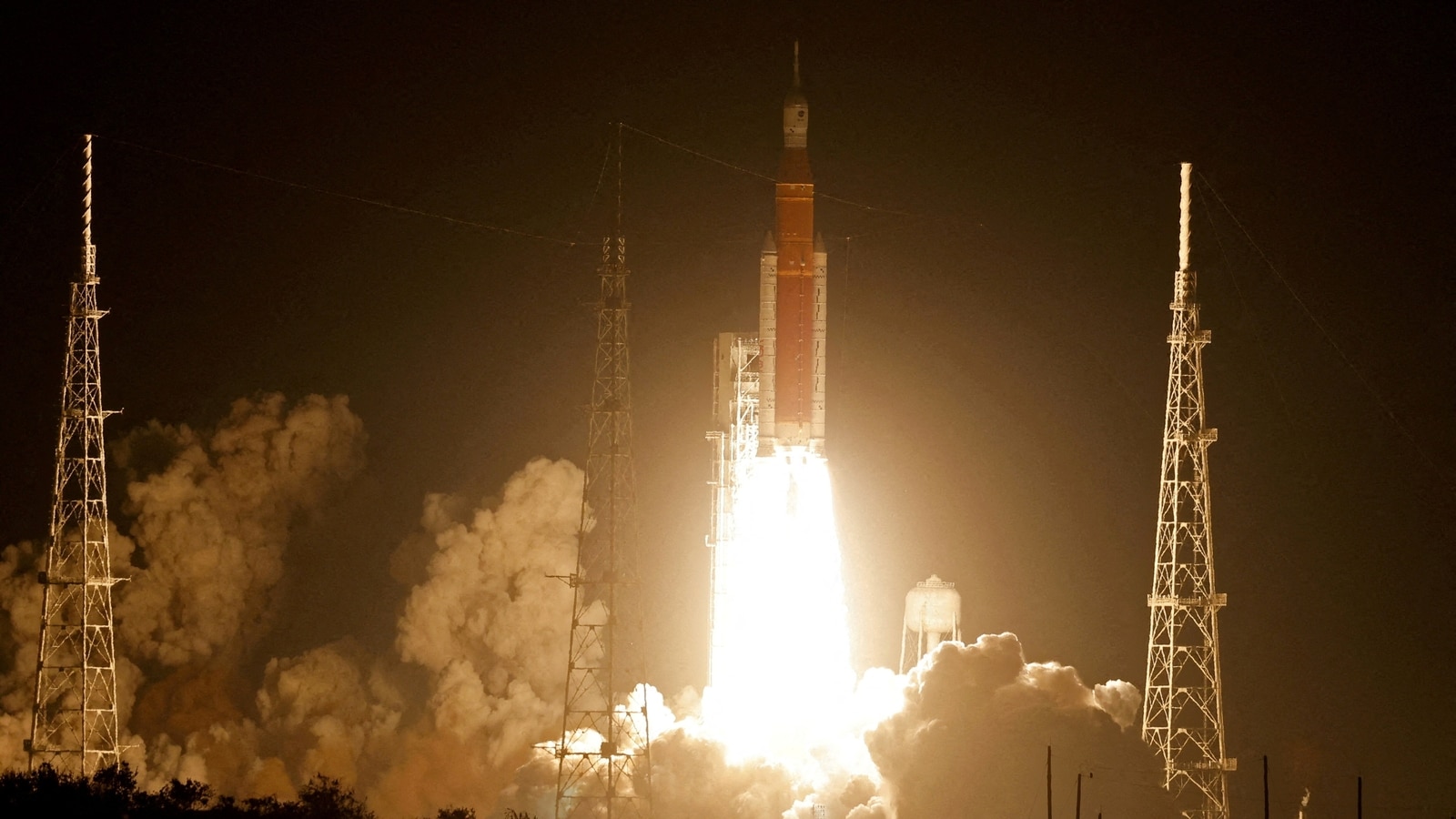Global Space Spending Is Projected to Grow 41% Over the Next Five Years
The global space economy grew 8% to $546 billion in 2022 and is projected to climb another 41% over the next five years, according to a leading space nonprofit.

The global space economy grew 8% to $546 billion in 2022 and is projected to climb another 41% over the next five years, according to a leading space nonprofit.
The sector is expected to show resiliency in the coming years, despite uncertainty about the global economy and a recent slowdown in space investment.
Companies are seeing continued revenue growth from commercial space assets and governments around the world boosting expenditures, according to a report from the Space Foundation, a Colorado Springs, Colorado-based space flight advocacy group. The analysis considered spending from 51 governments, as well as commercial revenue from companies in 11 space industry sub-sectors.
“Commercial space is the vital growing sector of the overall space economy,” Lesley Conn, director of research and digital programming at the Space Foundation, said in an interview. “Within five years, certainly you're going to see a real acceleration and an expansion of space and space assets.”
Companies in the space industry grew revenue to $427.6 billion in 2022, up from a revised $396.2 billion the year before. One-third of that flowed from infrastructure and support for activities in space, such as ground stations used for satellite communication. The remaining came from space-based products — namely satellites. The single biggest business was the sale of position, navigation and timing, or PNT, satellite data, which made up 39% of all commercial revenue.
That resilience reflects in part the long development lead times of space programs and the prevalence of public-private partnerships, the report said. Those attributes help sustain funding, even when the economy is uneven.
The growth in 2022 came despite venture capital volatility as markets reacted to rising interest rates and access to funding grew scarce for many startups. Private investment flows into space ventures slowed to $20 billion last year, down from a record $47.4 billion in 2021, according to a separate report from Space Capital, a venture capital firm that invests exclusively in space-based technology.
SpaceX Setting Pace
Commercial revenue grew hand-in-hand with a surge in orbital launches. A total of 186 launches were attempted in 2022, up from 145 the previous year, the Space Foundation said. Commercial launches accounted for 81 of those, 50 of which were conducted by Elon Musk's industry-leading SpaceX. The company's launch cadence has increased substantially in recent years as it launches batches of its own Starlink satellites into space to provide global broadband internet coverage to Earth.
Spending by governments on space programs grew 8% to a combined $119 billion last year, below the 22% gain in 2021. The Space Foundation projects the pace of public sector outlays on space will pick up this year as nations work toward exploring the moon and prioritize large satellite constellations with military applications. NASA is moving ahead on its Artemis program, which has the goal of sending the first woman to the moon's surface. China also has plans to land humans there.
The US dominated civil and defense spending in space, comprising nearly 60% of total spending. China followed in second place, accounting for 14%, according to the Space Foundation's analysis, which relied on a GDP calculation that estimated the country's spending on space. The European Space Agency ranked third with 5% of the total. While those three have been top players for a while, more countries are contributing to overall space spending than in the past.
“Not only are governments who have been in space increasing their spending, but more and more nations are joining and becoming a part of space,” said Conn, noting that some 92 nations now have satellites in orbit.
Catch all the Latest Tech News, Mobile News, Laptop News, Gaming news, Wearables News , How To News, also keep up with us on Whatsapp channel,Twitter, Facebook, Google News, and Instagram. For our latest videos, subscribe to our YouTube channel.






























